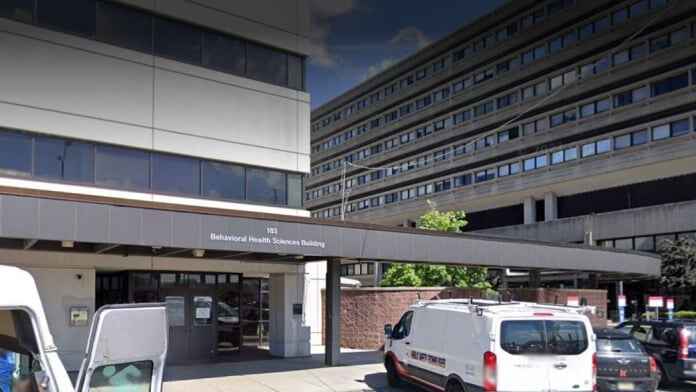About Rutgers – UBHC – Psychiatric Hospital – Newark
Rutgers University Behavioral Health Care is a leading provider of accessible and compassionate behavioral healthcare for individuals and families across New Jersey. They have facilities across three main campuses including this Newark Campus.
They primarily offer mental health support and substance use recovery using clinically proven methods to achieve optimal recovery outcomes. They particularly target the underserved, socially disadvantaged and the very “ill” with limited access to quality care. Being part of a medical school means their staff are trained in the most effective and current approach to recovery.
Rutgers primarily offers specialized student and resident wellness programs. Here, you’ll find the Resident Wellness and Excellence Center (RWEC) and the Resident Assistance Program (RAP). The RWEC serves residents of New Jersey Medical School, while RAP serves those of Robert Wood Johnson Medical School. The Student Wellness Program or SWP supports all students enrolled in academic programs in the Newark Campus. These programs extend services to family members as well.
The three programs offer free, confidential and tailored counseling that can help you navigate stress. This may be related to residency, school and personal issues impacting your wellbeing, academic performance or overall quality of life. Services encompass prevention-oriented groups and workshops focused on stress & anger management, healthy communication and emotional regulation. Individual, couple and family counseling are accessible too. They offer substance use disorder assessment and referral to appropriate levels of care based on assessed needs.
Individuals experiencing acute psychiatric or substance use crises also benefit from the crisis intervention services provided here. This focuses on helping patients stabilize and then connecting them to appropriate treatment for ongoing support. Rutgers also provides an Employment Assistance Program for faculty members, staff and their families.
This promotes a supportive and thriving work environment by helping these individuals take care of professional or personal issues impacting their wellbeing and productivity. This includes issues related to substance misuse and mental health.
